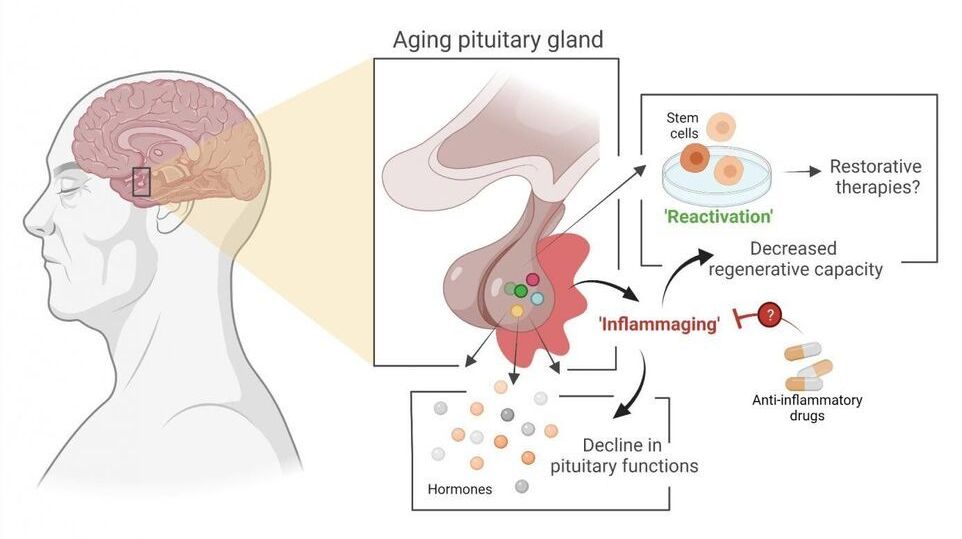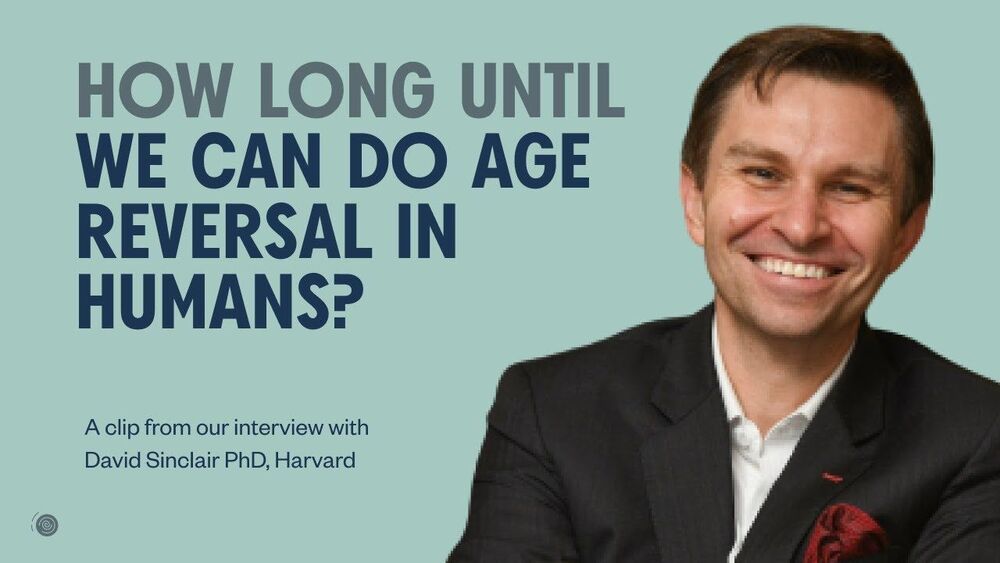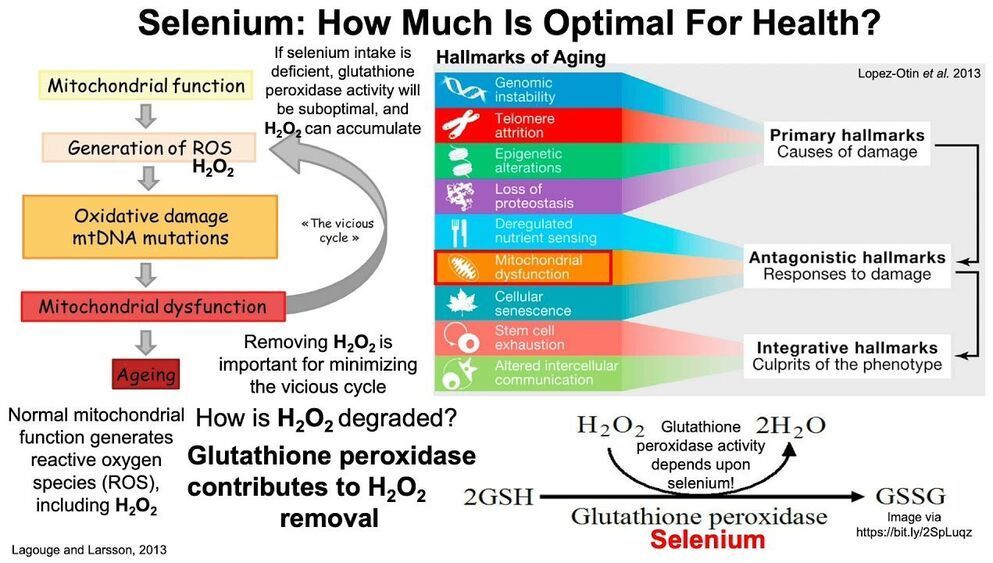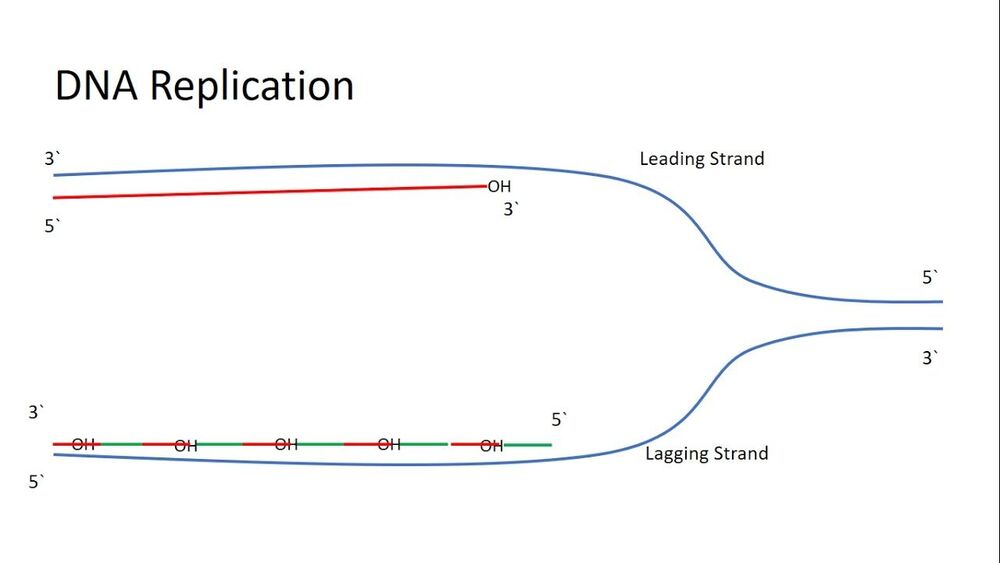Jun 16, 2021
Convergent mechanism of aging discovered
Posted by Kevin Huang in category: life extension
Several different causes of aging have been discovered, but the question remains whether there are common underlying mechanisms that determine aging and lifespan. Researchers from the Max Planck Institute for Biology of Ageing and the CECAD Cluster of Excellence in Ageing research at the University Cologne have now come across folate metabolism in their search for such basic mechanisms. Its regulation underlies many known aging signaling pathways and leads to longevity. This may provide a new possibility to broadly improve human health during aging.
In recent decades, several cellular signaling pathways have been discovered that regulate the lifespan of an organism and are thus of enormous importance for aging research. When researchers altered these signaling pathways, this extended the lifespan of diverse organisms. However, the question arises whether these different signaling pathways converge on common metabolic pathways that are causal for longevity.


















